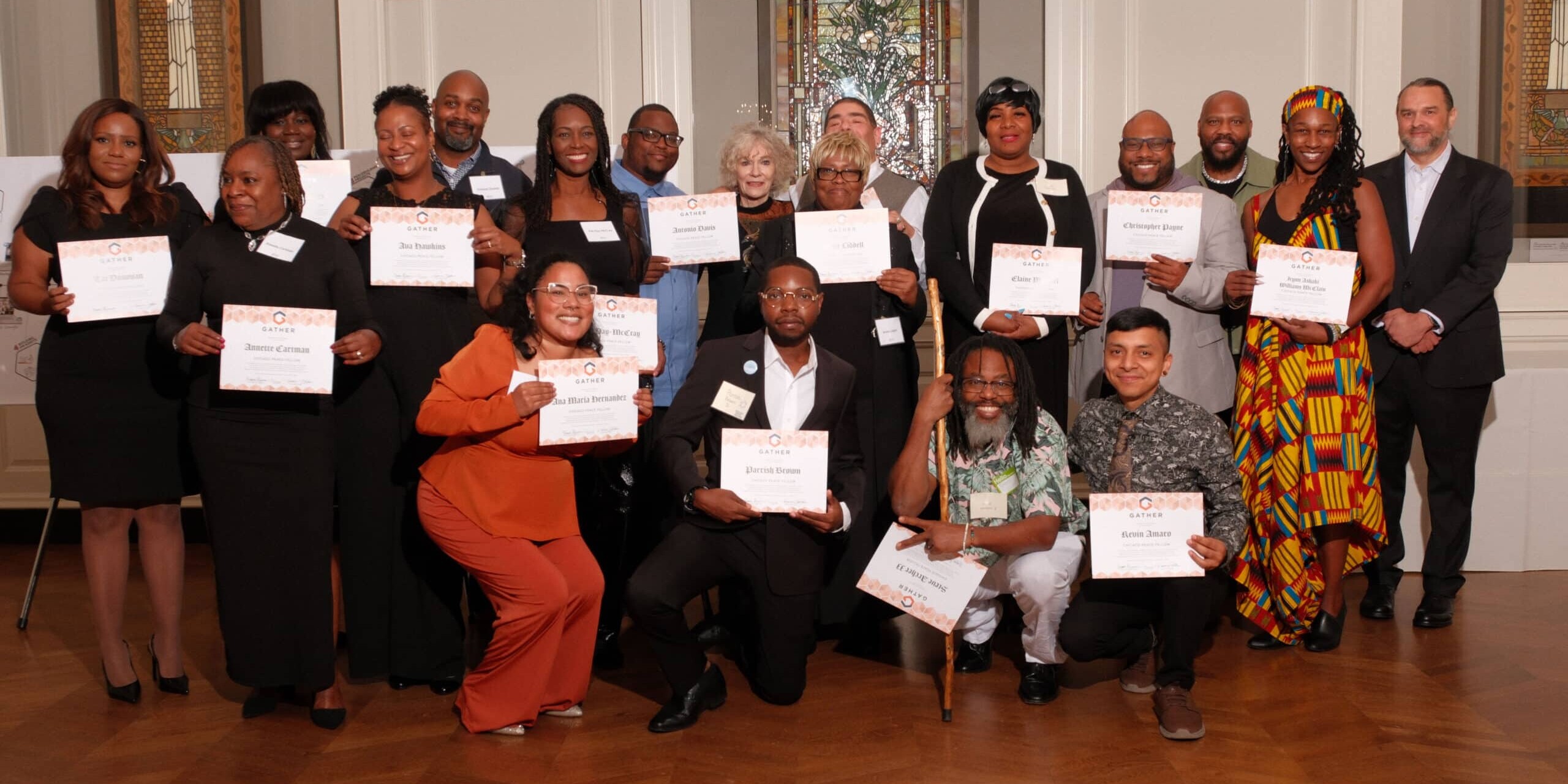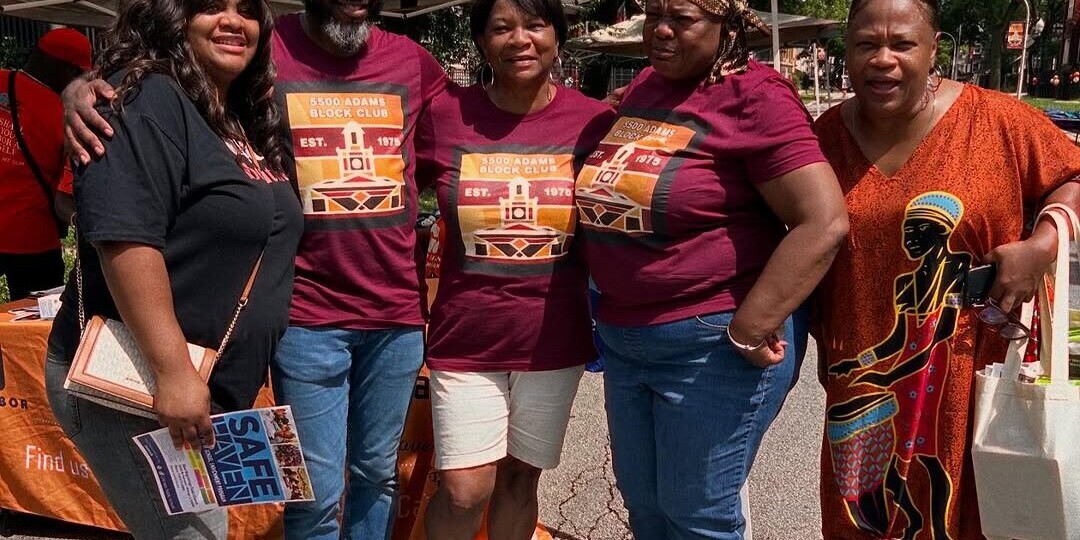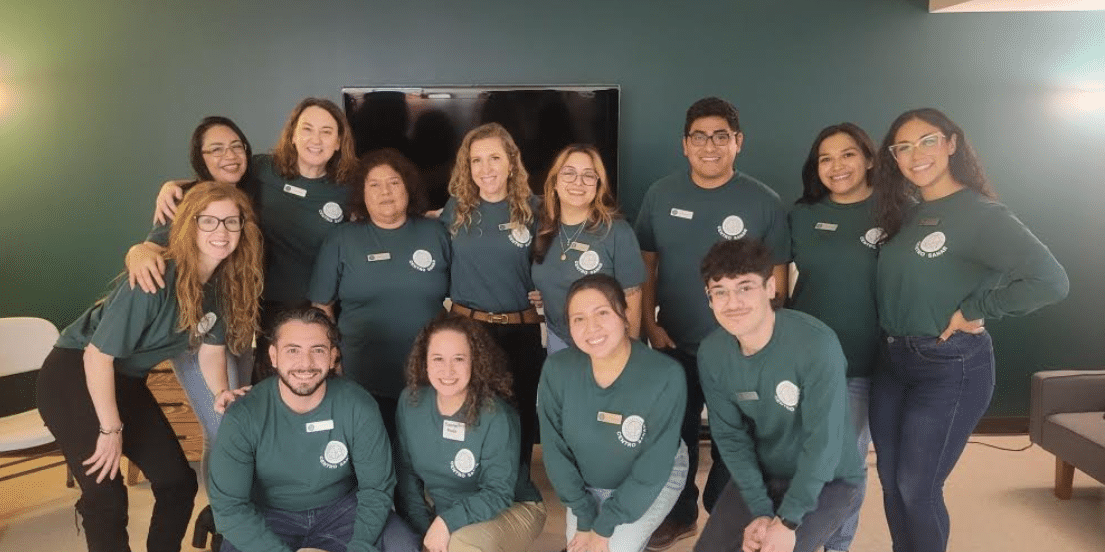The DuSable Museum of African American History hosted a panel July 25 called “Black and Brown Lives in Green Spaces: Race and Place in Urban America.” The panel featured several voices that work on this issue across the city and in different disciplines: Tonika Lewis Johnson, an Englewood resident and member of Resident Association of Greater Englewood (RAGE) who is the artist behind the Folded Map project; Juanita Irizarry, executive director, Friends of the Parks; and Brian McCammack, the Beerly Assistant Professor of Environmental Studies and chair of Urban Studies at Lake Forest College and the author of “Landscapes of Hope: Nature and the Great Migration in Chicago.”
The conversation covered many aspects of the development of parks in Chicago and how racism and segregation impacted where parks were and how they were funded. Many of the parks were built for white residents in the city and many had explicitly exclusionary policies for the city’s African American residents.
There were many flash points where these discriminatory practices were challenged on Chicago Park District property, including an incident in 1919 at 29th Street Beach, where white residents attacked black beach goers that led to the death of Eugene Williams, which resulted in widespread violence between the city’s white and black residents.
Tonika Johnson talked about her work with the Folded Map Project, which pairs residents on the predominantly black South Side of Chicago with their neighbors on the predominantly white North Side of the city. The project has raised a ton of conversation about segregation in the city that has historically been an issue in the city. Tonika has advised the Peace Fellows previously and is herself a grantee of the Chicago Fund for Safe and Peaceful Communities.
Juanita raised concerns about the use of park land for private developments and ensuring that communities have a voice in the kind of programs are offered in the parks across the city. Brian McCammack talked about how the historic issues of segregation in the city have impacted how the city allocated resources to neighborhood parks in the city. One issue he highlighted was the lack of pools in parks in African American neighborhoods and how not having access to pools in their neighborhoods forces them to go to other places when hot days come around.
Chicago has a rich history of parks that is coupled with issues around segregation. Groups like the Chicago Peace Fellows utilize parks to foster community. Peace Fellow and Pastor Robert Biekman brought his community together by working with people who were participating in a little league in his neighborhood park, Maple Park, to start the conversation about how to address violence in the community. Jamila Trimuel, founder of Ladies of Virtue, runs a program with the Chicago Park District every summer to offer young women a community where they can learn in a safe environment.
The parks are important spaces for many Chicagoans and we must utilize this resource equitably.






